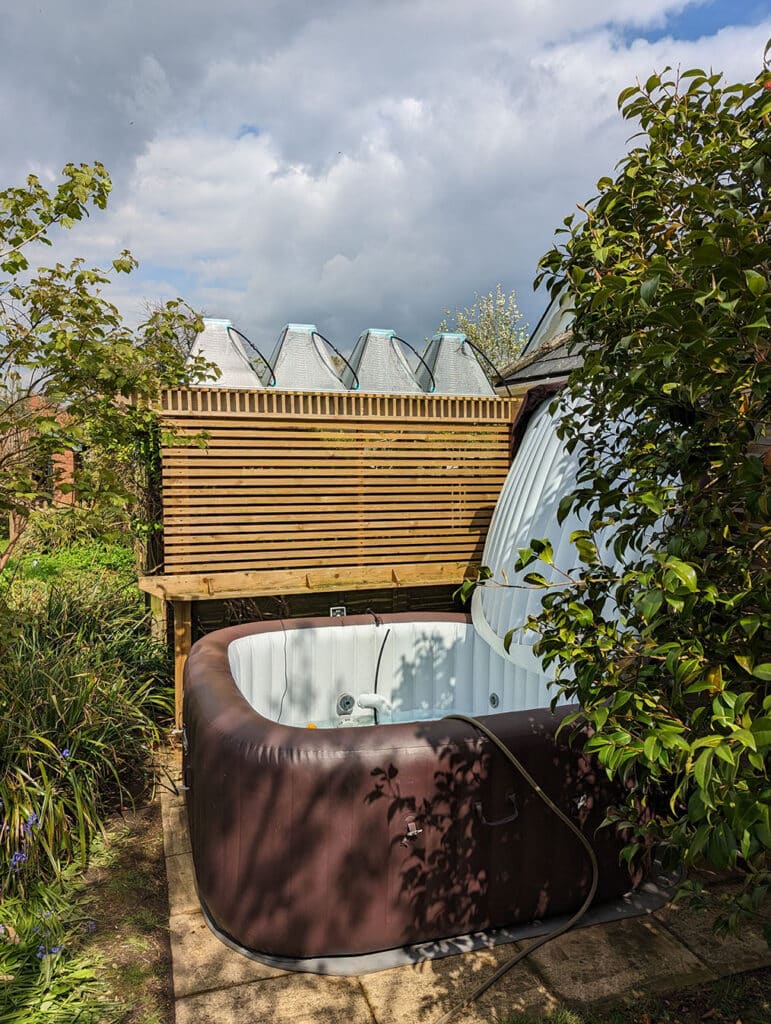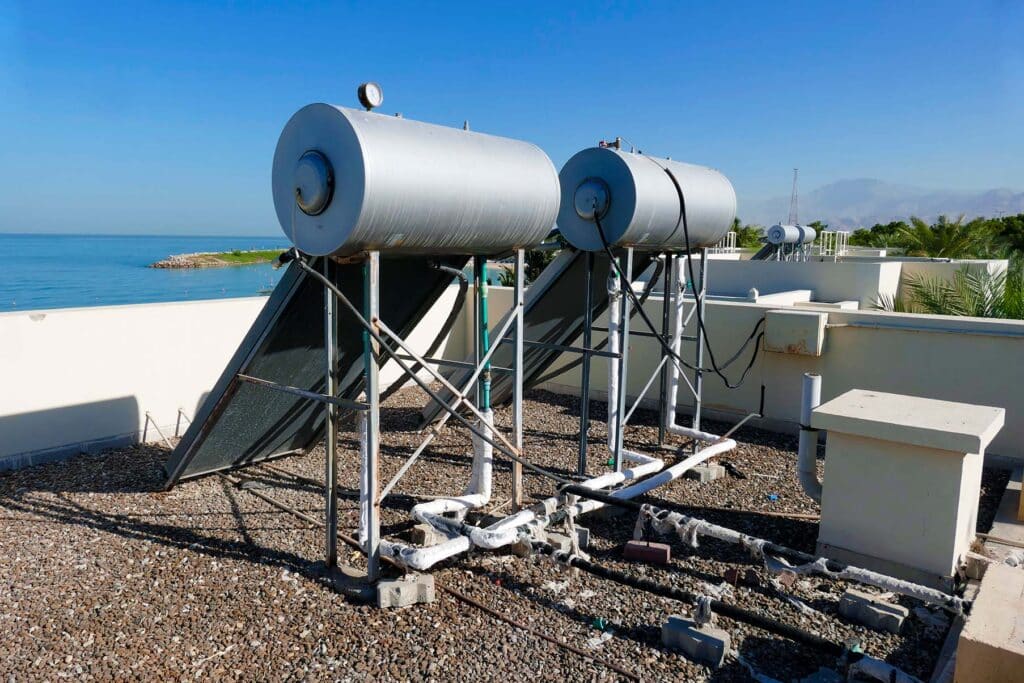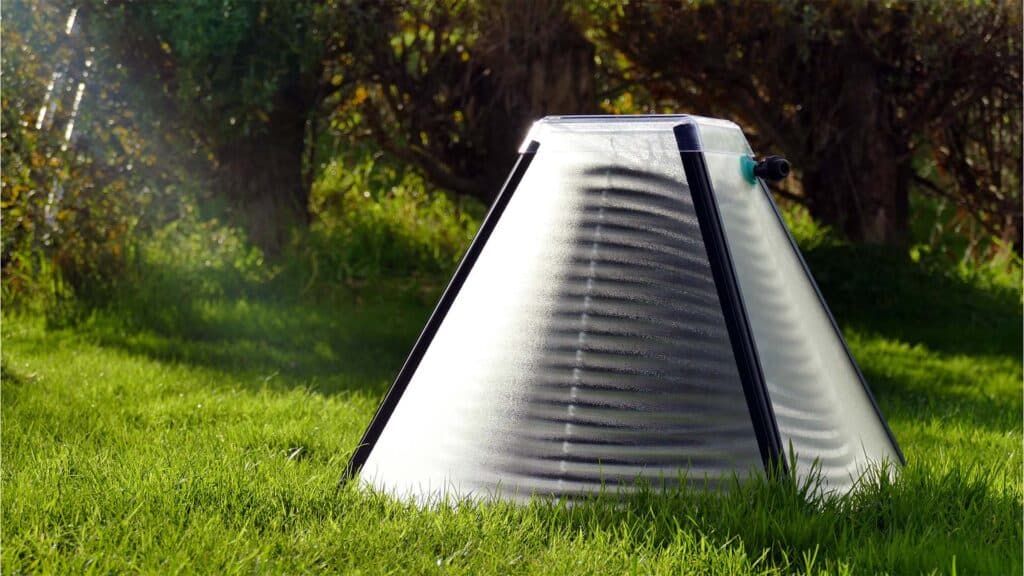Solar heat for your hot tub? Not just a bright idea it’s obvious!
If you’re fed up seeing your energy bills soar every time you fancy a soak, that makes sense. We have heard it from many of our customers.
Bubbling hot bubble baths: There’s nothing like it for wallowing in warm luxury, if you can afford to heat several hundred gallons of water past 100 degrees.
Having worked with families, resorts and spas across the USA, UK and Europe
The problem I hear most frequently is:
“It’s like the same price as just keeping the water warm.”
So, guess what? There’s an easier way.
No gas. No huge energy bills. Just clean solar heat.
And today it’s all about heating your hot tub with solar without making things more complicated than they should be
So this may be what’s happened and why you’ve arrived here.
You invested in a hot tub to chill out.
To not have to worry about monthly operational fees.
Solar water heating is the process of heating water using a solar thermal system. You literally get heat from the sun not from your mains electricity or gas. That would lead to reduced emissions and smaller bills.
What’s better?
Covered on sunny days (that’s when you’ll probably want to use your hot tub) and your system’s pumping out free heat.

Let’s break it down simply.
With a solar thermal system, heat is created from the sun, which is absorbed in a collector (yes, that’s the thing that looks like a mini sun bed for water).
It works like this:
The best bit?
It’s simple, silent, and low-maintenance.
At SolarisKit, we’ve spent six years testing different kinds of solar hot water heaters in some of the world’s least forgiving climates Rwanda, Kenya, Dubai, even hard water zones in the U.K.
Here’s what I’ve seen:
Flat-plate solar panels

We designed HelioFlow™ specifically for:
It ships flat-packed and is very easy to install, and offers a design influenced by the cubic design trend so it’s less cluttered and looks more modern than the regular old silver tubes or clunky boxes.
I’ve seem it do a good job on a 500L hot tub in Dundee Scotland, which was able to maintain 37–40C during sunny spells with a tiny 12VDC (less than 15W draw iirc) circulation pump!

You don’t have to tear up your garden or drill into your roof.
Here is how you can set up something simple:
The Install Process is as follows:
Basic equipment checklist:

For US enquiries, please contact our distributor Worldwide Solar Solutions.
Get in touch with SolarisKit to explore the right solar water heating solution for your needs.